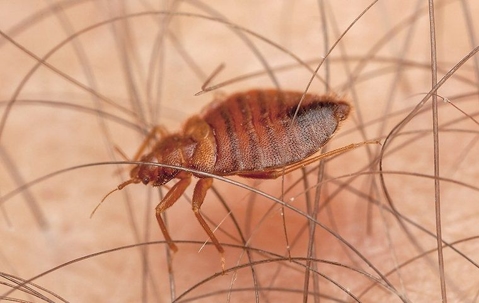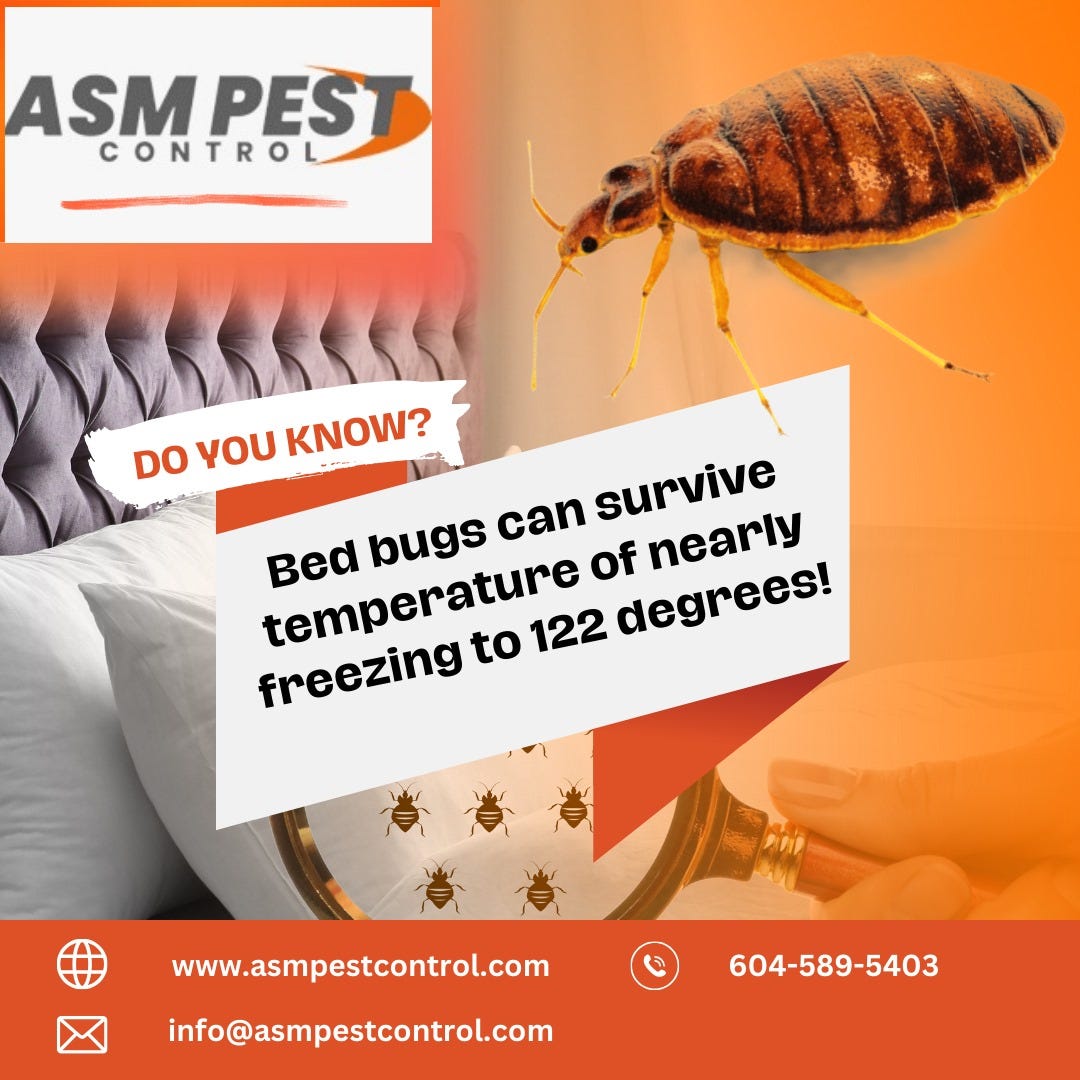Effective Kings Bug Control Cincinnati Ohio: Reliable Solutions
Effective Kings Bug Control Cincinnati Ohio: Reliable Solutions
Blog Article
Sorts Of Bug Control: Which Technique Is Right for Your Infestation?
When encountered with a pest invasion, the option of an appropriate technique for parasite control is essential in properly managing the circumstance. By discovering the various types of bug control approaches available, individuals can make enlightened choices tailored to their distinct scenarios, making certain a more sustainable and efficient outcome in insect elimination.
Chemical Parasite Control
Chemical parasite control involves using synthetic or naturally obtained chemicals to handle and get rid of pest populaces effectively. This method is typically used in farming, forestry, and property setups to battle a wide array of pests, including weeds, rodents, and insects. The use of chemical pesticides can provide quick and targeted services to pest problems, making it a prominent choice for numerous individuals and companies.
One of the key advantages of chemical parasite control is its capacity to promptly get rid of insects, decreasing the risk of damage to crops, home, and human health and wellness. By utilizing particular chemicals that target particular parasites, this approach can successfully control infestations while decreasing damage to useful organisms and the environment when used properly.
However, using chemical insect control also elevates worries about possible unfavorable effects on non-target varieties, water sources, and human wellness. It is vital to follow safety and security standards, apply chemicals sensibly, and consider different insect control approaches to lessen these risks and make sure sustainable parasite management techniques.
Biological Parasite Control
Organic insect control, likewise understood as biocontrol, uses living microorganisms to reduce and manage insect populations naturally. By utilizing the bug's all-natural killers or microorganisms, organic bug control supplies a lasting and ecologically pleasant option to pest administration.

Mechanical Insect Control
Making use of manual and physical approaches to handle parasite populations, mechanical parasite control provides a different technique that does not count on using living microorganisms or synthetic chemicals. This approach includes the usage of barriers, catches, or various other tools to physically hinder or get rid of parasites. By obstructing pest entrance factors or establishing catches to capture them, mechanical insect control can properly reduce invasions without presenting chemicals into the atmosphere.
One usual example of mechanical insect control is making use of mesh screens on doors and home windows to prevent insects from going into structures. This simple yet efficient approach get redirected here functions as a physical barrier, maintaining parasites out while permitting appropriate air flow. In addition, tools like mousetraps, fly swatters, and ultrasonic repellents fall under the mechanical insect control classification.
While mechanical parasite control approaches can be labor-intensive and require routine surveillance and upkeep, they use a sustainable and eco-friendly service for handling bug problems. By incorporating various mechanical techniques, homeowner can develop a thorough pest control strategy that reduces reliance on chemical pesticides.
Physical Pest Control

Some typical physical parasite control techniques consist of making use of obstacles such as screens or internet to protect against insect access, traps to catch and remove bugs, and hand-picking to physically get rid of pests from plants or frameworks. Additionally, methods like warmth treatments can be utilized to regulate bugs like bed pests by raising the temperature level to degrees that are lethal to the bugs.
Physical parasite control is particularly beneficial in incorporated pest administration (IPM) approaches, where multiple insect control techniques are incorporated for effective insect administration while decreasing making use of chemicals. By using physical parasite control techniques, individuals can efficiently attend to parasite infestations with minimal environmental effect.
Integrated Bug Monitoring
When applying physical pest control methods as part of pest management techniques, Integrated Insect Administration (IPM) arises as a detailed strategy that leverages numerous strategies to properly regulate pest populaces. IPM concentrates on lasting avoidance of bugs with a mix of biological, cultural, physical, and chemical tools tailored to specific pest concerns. By incorporating numerous control techniques, IPM aims to reduce the dangers my explanation associated with pests while also lowering dependence on chemical options.
One secret element of IPM is the emphasis on surveillance and analyzing pest populaces to figure out the most appropriate control approaches. This aggressive technique permits early treatment and targeted methods, resulting in much more efficient bug administration. Additionally, IPM advertises ecologically friendly techniques by prioritizing non-chemical control methods and just utilizing chemicals as a last hope.
Verdict

By making use of the bug's all-natural predators or pathogens, biological parasite control supplies a eco friendly and sustainable service to pest management. - Kings pest control Cincinnati
Utilizing hand-operated and physical techniques to manage parasite populations, mechanical pest control supplies an alternate approach that does not count on the use of living microorganisms or artificial chemicals.An effective strategy to handling pest populaces without relying on chemical or organic methods entails the use of physical parasite control methods.When implementing physical bug control methods as component of pest monitoring techniques, Integrated Parasite Administration (IPM) arises as an extensive strategy that leverages different strategies to efficiently regulate pest populations. Chemical bug control involves the use of chemicals, organic insect control makes use of natural predators, mechanical parasite control involves physical barriers, physical parasite control includes trapping or getting rid of pests, and integrated parasite management integrates numerous methods for an alternative technique to pest control.
Report this page